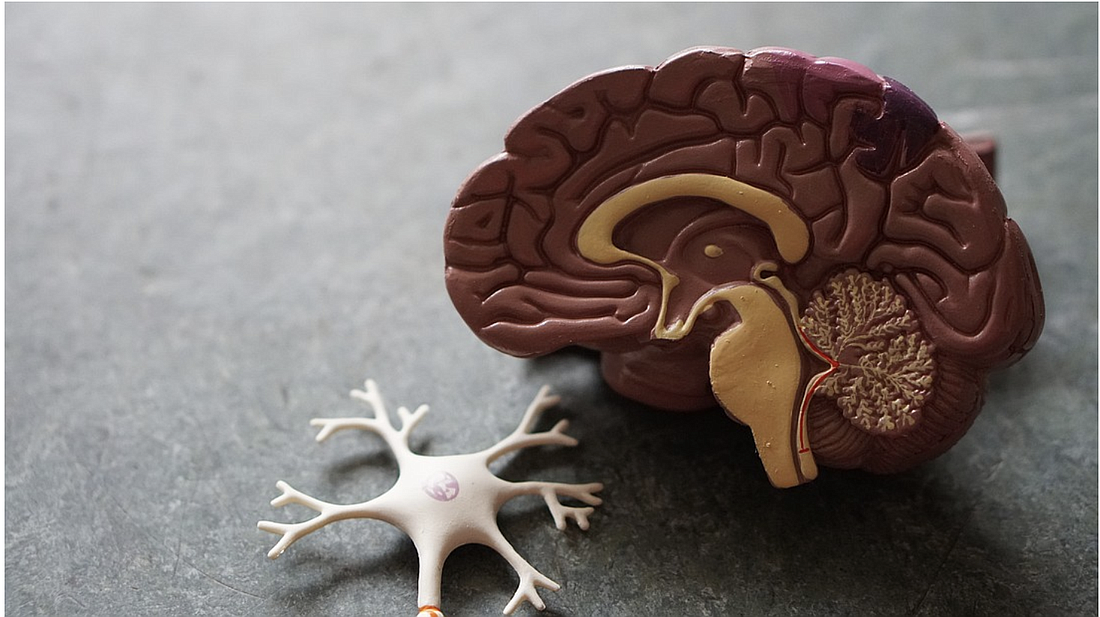- December 15, 2025


Approximately one in three people in the United States between the ages of 65 and 74 has hearing loss, and nearly half of those older than 75 have difficulty hearing. Having trouble hearing can make it hard to understand and follow a doctor's advice, respond to warnings, and hear phones, doorbells, and smoke alarms. Hearing loss can also make it hard to enjoy talking with family and friends, leading to feelings of isolation.
Age-related hearing loss most often occurs in both ears, affecting them equally. Because the loss is gradual, if you have age-related hearing loss you may not realize that you've lost some of your ability to hear. There are many causes of age-related hearing loss. Most commonly, it arises from changes in the inner ear as we age, but it can also result from changes in the middle ear, or from complex changes along the nerve pathways from the ear to the brain. Certain medical conditions and medications may also play a role.
Why do we lose our hearing as we get older?
Many factors can contribute to hearing loss as you get older. It can be difficult to distinguish age-related hearing loss from hearing loss that can occur for other reasons, such as long-term exposure to noise. Noise-induced hearing loss is caused by long-term exposure to sounds that are either too loud or last too long. This kind of noise exposure can damage the sensory hair cells in your ear that allow you to hear. Once these hair cells are damaged, they do not grow back and your ability to hear is diminished.
Conditions that are more common in older people, such as high blood pressure or diabetes, can contribute to hearing loss. Medications that are toxic to the sensory cells in your ears (for example, some chemotherapy drugs) can also cause hearing loss.
Rarely, age-related hearing loss can be caused by abnormalities of the outer ear or middle ear. Such abnormalities may include reduced function of the tympanic membrane (the eardrum) or reduced function of the three tiny bones in the middle ear that carry sound waves from the tympanic membrane to the inner ear. Most older people who experience hearing loss have a combination of both age-related hearing loss and noise-induced hearing loss.
Can I prevent age-related hearing loss?
At this time, scientists don't know how to prevent age-related hearing loss. However, you can protect yourself from noise-induced hearing loss by protecting your ears from sounds that are too loud and last too long. It's important to be aware of potential sources of damaging noises, such as loud music, firearms, snowmobiles, lawn mowers, and leaf blowers. Avoiding loud noises, reducing the amount of time you're exposed to loud noise, and protecting your ears with ear plugs or earmuffs are easy things you can do to protect your hearing and limit the amount of hearing you might lose as you get older.
What to do in case you have trouble hearing?
Hearing problems can be serious. The most important thing you can do if you think you have a hearing problem is to seek advice from an audiologist. At Palm Coast Hearing Center, our doctors have the expertise to evaluate you and recommend appropriate treatment and follow-up. We can counsel you and your family to help you preserve your hearing health. It is important to understand that not all places that offer “hearing tests” are the same. Many of those places that offer “free hearing tests” and advertise only hearing aids do not offer comprehensive hearing health care.
It is important that you seek a Doctor of Audiology for your care - an Audiologist is college-degreed and licensed professional trained to evaluate your complete hearing health, understanding the many significant comorbidities associated with hearing loss and how they affect your diagnosis and treatment. Comorbidities like dementia, cognitive impairment, depression, cardiovascular disease, diabetes, fall risk and more.
The connection between hearing loss and cognitive decline
A 2016 study analyzing health insurance claims of 154,783 seniors concluded that hearing impairment increases the risk of dementia and that to some extent this happens regardless of medical treatment. Though the authors said hearing aids might delay or prevent dementia, they didn’t have details on whether patients were prescribed hearing aids or were using them regularly.
However, a 2017 article in Frontiers in Aging Neuroscience cited two studies that found people wearing hearing aids improved their performance on cognitive tests. The article said hearing aids, when prescribed at the beginning of age-related hearing loss, can postpone cognitive side effects. Most types of hearing loss occur gradually over time making it hard for you or a loved one to notice there has been a change in hearing. Just like vision and dental care it is always a good idea to have your hearing health evaluated once per year.
At our facility, our providers use real ear measures, or REM to properly fit your hearing aids.
160 Cypress Point Parkway, Suite A108, Palm Coast, FL 32164
Call today for an appointment. (386) 283-4932